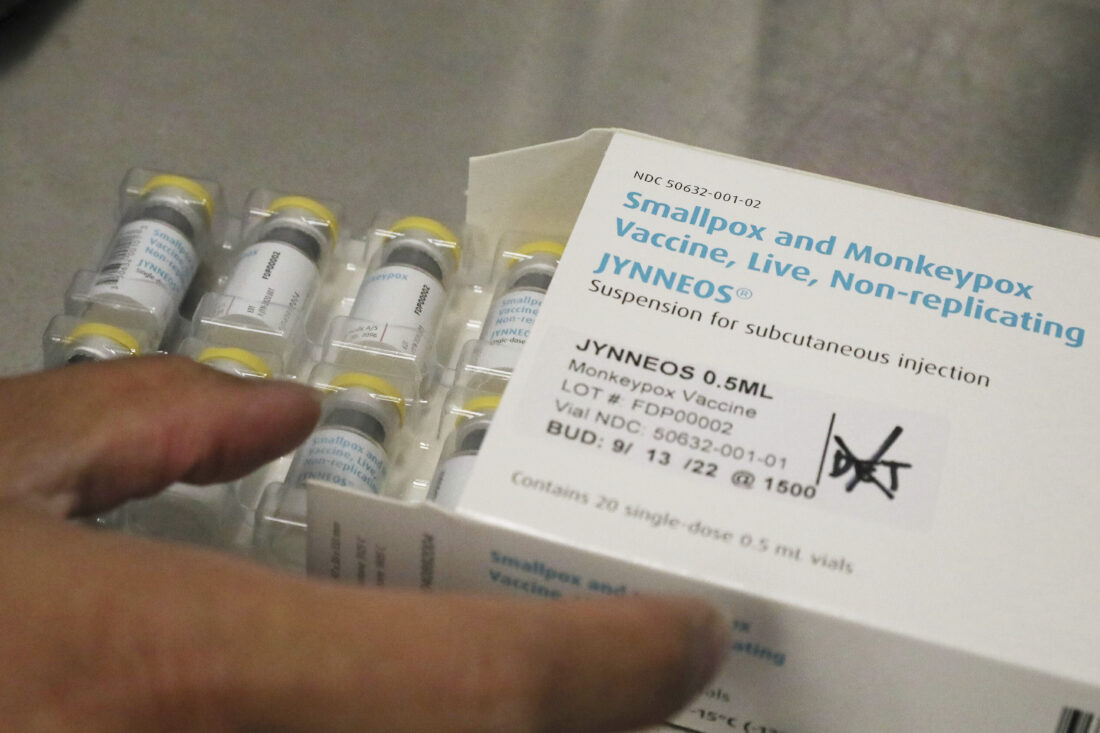World Health Organization (WHO) has officially confirmed the sexual transmission of mpox in Congo, marking the first instance of such transmission on the African continent.

Sexual Transmission of Mpox Confirmed by UN in Congo Amid Unprecedented Outbreak (Photo: Williamsport Sun-Gazette)
Emerging Patterns of Transmission Raise Concerns
In a recent report featured by the US News, in November 24, 2023, this development of sexual transmission of mpox comes amid Congo’s largest-ever outbreak of the disease, causing concerns among African scientists who fear that the newfound mode of transmission could complicate efforts to contain the outbreak. The sexual transmission of mpox case involves a Belgian resident who traveled to Congo and tested positive for mpox shortly afterward. This revelation challenges previous assumptions and underwent the need for a broader understanding of the disease’s transmission dynamics.
The recent confirmation of sexual transmission of mpox in Congo has unveiled a new dimension to the outbreak, emphasizing the need for a more nuanced approach to disease management. WHO reported that the affected individual identified as a man engaging in sexual relations with other men, with connections to underground clubs catering to gay and bisexual men.
This sexual transmission of mpox revelation prompts a reevaluation of the disease’s transmission pathways and raises questions about the potential for wider dissemination within sexual networks. The existence of discrete clubs in Congo and the movement of members across Africa and Europe add complexity to the situation, suggesting that sexual transmission of mpox could become a significant driver of the mpox outbreak.
READ ALSO: Wanted Florida Woman Hiding In Couch Apprehended After Pursuit By Citrus County Sheriff’s Office
Growing Challenges in Disease Surveillance and Control
According to the news released by The Hindu, the mpox outbreak in Congo, which has infected over 12,500 people and claimed approximately 580 lives, presents unprecedented challenges for disease surveillance and control. Notably, this outbreak of sexual transmission of mpox is the first time that has been identified in the capital, Kinshasa, and the conflict-ridden province of South Kivu. Virologist Oyewale Tomori, sitting on WHO advisory groups, cautions that the reported figures may be underestimates, highlighting the potential implications for the entire African continent.
Tomori argues that, despite the severity of the outbreak, there is a lack of coordinated vaccination efforts, unlike the mass immunization campaigns launched in response to mpox outbreaks in Europe and North America. The secrecy surrounding sexual transmission of mpox within certain communities, driven by discriminatory laws, further complicates efforts to curb the spread of the disease.
READ ALSO: High School Senior In Coma Following Baseball Bat Head Injury At Batting Cage Incident
























